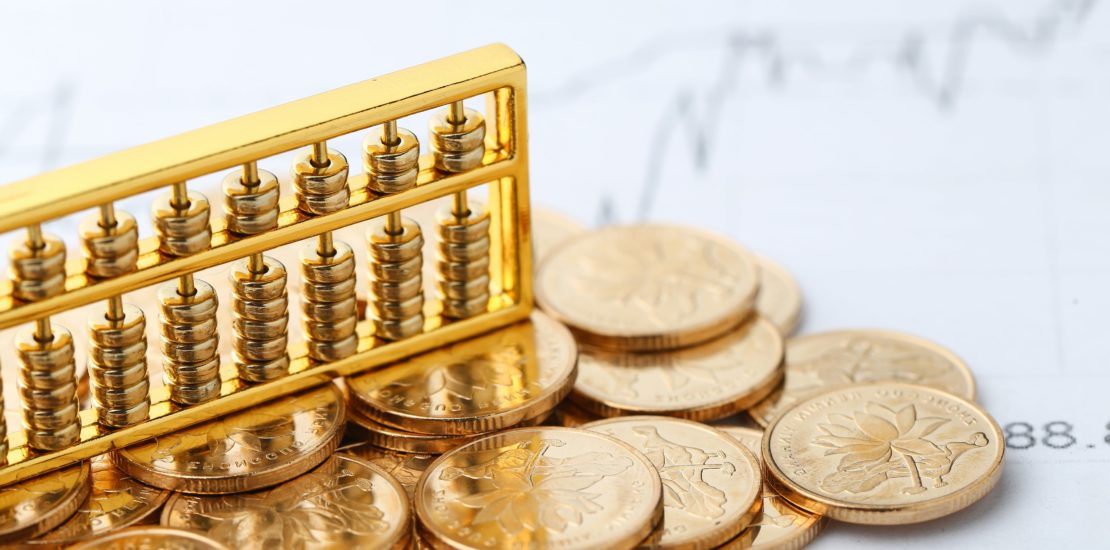How Pawnbroking Works in Malaysia
- March 29, 2023
- Posted by: editor
- Category: Gold

In the context of the Malaysian economy, pawnbroking is a business activity used by individuals and companies to obtain funds or cash by pledging their assets as collateral. Pawnbroking is the process of borrowing money by using valuable assets such as gold, silver, diamonds, or watches as collateral. For those in need of immediate cash, pawnbroking is often a convenient and quick option.
Pawnbroking fees, also known as pawn fees, are charges imposed on borrowers as a portion of the borrowed amount. It is also referred to as financing charges or service fees. These fees serve as a substitute for the interest typically charged by financial institutions such as banks. Pawn fees are usually levied by pawn shops or companies that offer pawnbroking services.
However, before making the decision to pawn something, it is important to understand how pawnbroking works in Malaysia. In this article, we will discuss further the functioning of pawnbroking in Malaysia.
How Does Pawnbroking Work in Malaysia?
In Malaysia, pawnbroking is regulated by the Companies Act 1965 and the Pawnbrokers Act 1972. According to the Pawnbrokers Act 1972, pawn fees refer to the amount of money imposed by a pawn shop or the party providing pawnbroking services as payment for providing these services to the borrower.
The amount of pawn fees charged usually depends on the borrowed amount and the loan period. Pawn fees are typically charged at a rate of 1.5% - 2% per month of the borrowed amount.
For example, if you borrow RM1,000 from a pawn shop and the pawn fee charged is 2%, you would need to pay RM20 as the pawn fee. This amount needs to be paid when you redeem your pawned item or when the loan period ends. If you fail to pay the pawn fee within the specified time, the pawn shop has the right to auction the pledged item as compensation.
Benefits and Risks of Pawnbroking
Pawnbroking has its benefits and risks. The primary benefit is the convenience and speed in obtaining cash. Pawnbroking can also help individuals and companies obtain funds easily without going through lengthy and complicated processes like loan applications from financial institutions.
However, pawnbroking also carries risks. The main risk is that it can add to your financial burden, especially if you are unable to repay the pawn fee within the specified time. If you are unable to pay the pawn fee on time, you may lose the pawned item.
Therefore, before making the decision to pawn something, it is important to carefully consider the benefits and risks involved. Make sure that you understand the pawn fees charged, the loan period, and other terms related to the pawnbroking service before making a decision.
How to Pay Pawn Fees
Pawn fees are usually paid when you redeem your pawned item or when the loan period ends. There are several ways you can pay pawn fees in Malaysia. Here are some methods you can use:
Cash Payment: You can pay in cash at the pawn shop counter or at the company providing pawnbroking services.
Online Payment: You can also pay pawn fees online through electronic payment portals.
In conclusion, pawn fees are part of the pawnbroking service in Malaysia. Pawn fees are charges imposed on borrowers as a portion of the borrowed amount, and they are usually levied as a percentage of the borrowed amount. Pawnbroking has its benefits and risks, and before making the decision to pawn something, it is important to carefully consider the benefits and risks involved. Make sure that you understand the terms related to the pawnbroking service before making a decision.
Have you decided to Pawn your gold? Contact us!
Interested in finding out how much you can earn with your gold “Pawn”, call us now at 03-7496 8788 or visit us at your nearest shop to get a FREE price evaluation! FREE!
